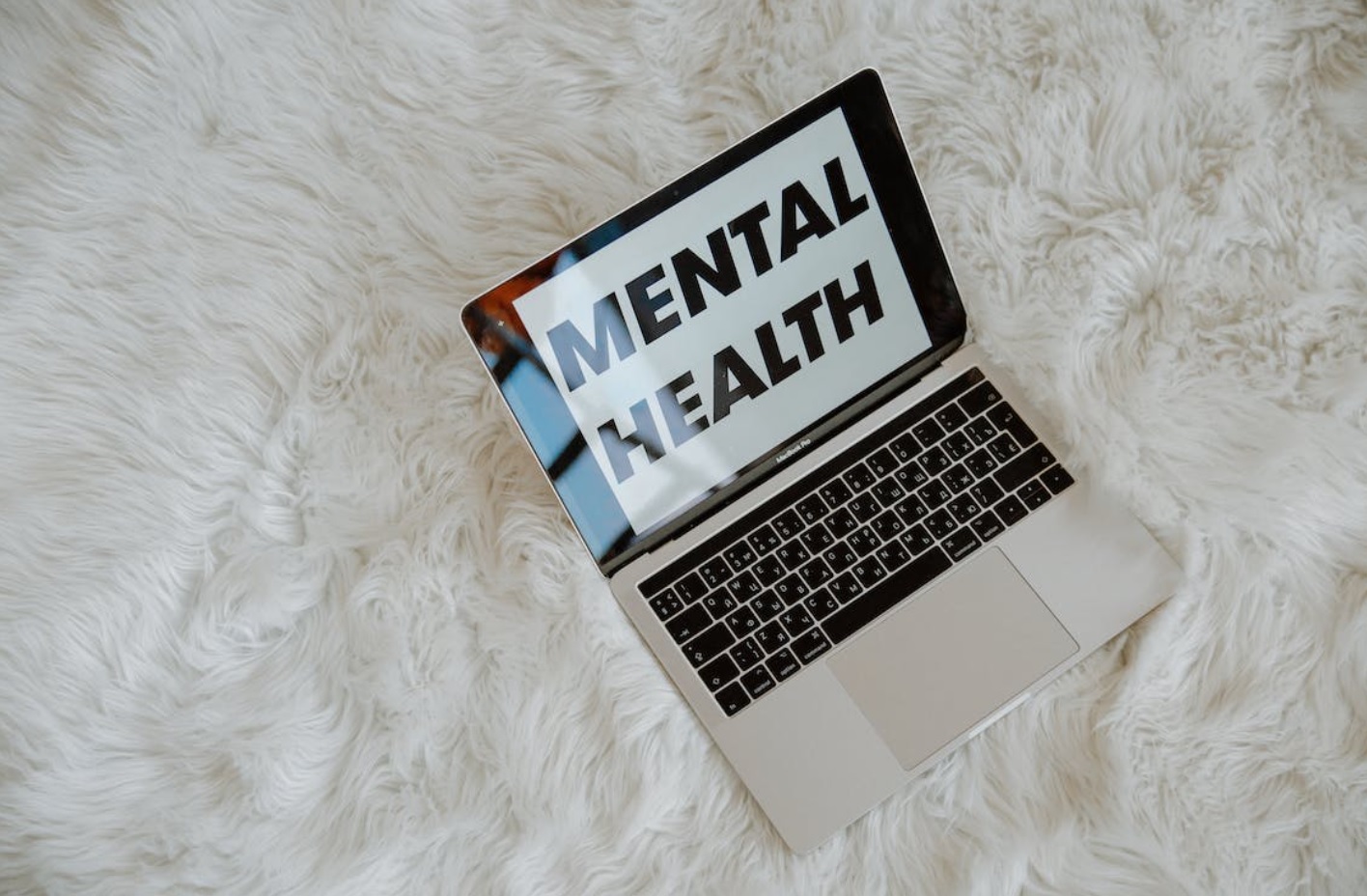Mental illness and developmental disabilities are two of the most pressing issues in the United States today. The experts at Capitol City Residential Health Care in Jackson, Tennessee, understand that millions of people are affected each year by one or both of these conditions. The good news is that there is more awareness about mental health and developmental disabilities, and more resources are available to help struggling people. This blog post will discuss dual diagnosis: what it is, how it affects people, and how to get the best treatment.
What Is A Dual Diagnosis?
Capitol City Residential Health Care says dual diagnosis refers to the co-existence of a mental health condition and a developmental disability. Developmental disabilities include autism, cerebral palsy, and Down syndrome. Mental health conditions can range from anxiety and depression to schizophrenia and bipolar disorder.
Dual diagnosis is relatively common, affecting around 4% of the population. However, it can be challenging to diagnose and treat because the symptoms of mental health conditions and developmental disabilities can often mimic each other. As a result, dual diagnosis is often overlooked or misdiagnosed. This can lead to people not getting the care and support they need.
Specialized care for dual diagnosis is essential to improve their quality of life. Dual diagnosis services include psychiatric evaluations, behavioral therapy, and medication management. Providing these services can help those with dual diagnoses live happier, healthier lives.
How Does Dual Diagnosis Impact The Lives Of Those Who Suffer From It And Their Loved Ones Around Them?
Dual diagnosis can profoundly impact the lives of those who suffer from it and their loved ones. Mental illness can be incredibly isolating, making it difficult for people to maintain relationships and participate in activities they enjoy. Developmental disabilities can also make everyday tasks difficult, leading to frustration and anxiety.
Capitol City Residential Health Care says families and friends of those with dual diagnosis often feel helpless watching their loved ones struggle. However, there are many ways to support someone with a dual diagnosis. One of the most important things you can do is educate yourself about their condition and how it affects them. This will help you better understand their needs and how you can best support them. Additionally, it is essential to be patient and understanding. Mental illness and developmental disabilities can be very unpredictable, so it is crucial to be prepared for anything.
What Are Some Of The Best Methods For Providing Specialized Care For Those With Dual Diagnosis?
As we mentioned, dual diagnosis can be challenging to diagnose and treat. However, there are many ways to provide specialized care for dual-diagnosis individuals. One of the most important things you can do is educate yourself about the condition. This will help you better understand the needs of those with dual diagnosis and how you can best support them. Additionally, it is essential to be patient and understanding. Mental illness and developmental disabilities can be very unpredictable, so it is vital to be prepared for anything.

Some best methods for providing specialized care for dual diagnoses include psychiatric evaluations, behavioral therapy, and medication management. Providing these services can help those with dual diagnoses live happier, healthier lives.
How Can Families And Friends Support Loved Ones Dealing With Dual Diagnosis?
Some ways you can support a loved one with a dual diagnosis include helping them with everyday tasks, providing emotional support, and attending doctor’s appointments. Doing these things can help your loved one live a happier and healthier life.
What Resources Are Available To Help Individuals And Families Affected By Dual Diagnosis?
Many resources are available to help individuals and families affected by dual diagnosis. These resources include mental health support groups, online forums, and helplines. Additionally, many organizations provide information and support for those with dual diagnosis and their loved ones.
Capitol City Residential Health Care says if you or someone you know is affected by dual diagnosis, please reach out for help. Many people understand what you are going through and can offer support.
Final Thoughts
Dual diagnosis, also known as co-occurring disorders, describes individuals suffering from both a mental illness and a substance abuse disorder. Dual diagnosis is essential to provide specialized care because it can be challenging to diagnose and treat. Also, dual diagnosis can profoundly impact the lives of those who experience it and the loved ones around them. If you or someone you know is affected by dual diagnosis, many resources are available to help.
